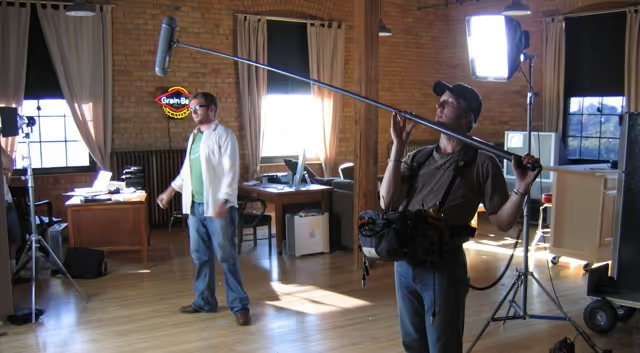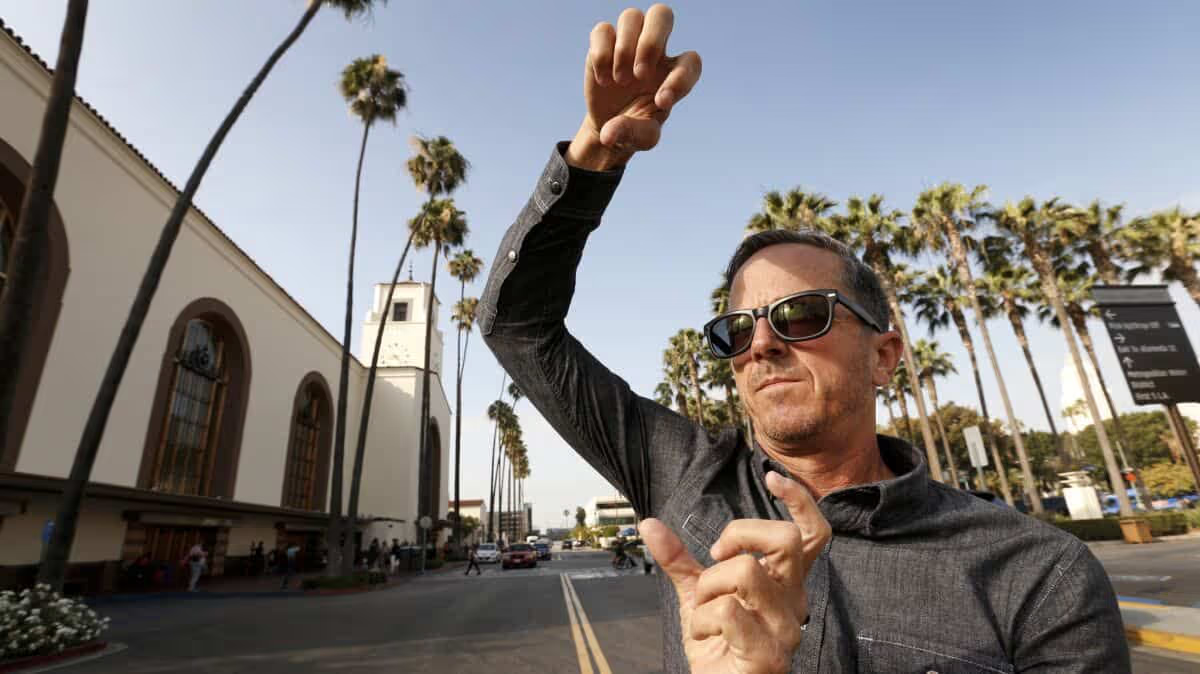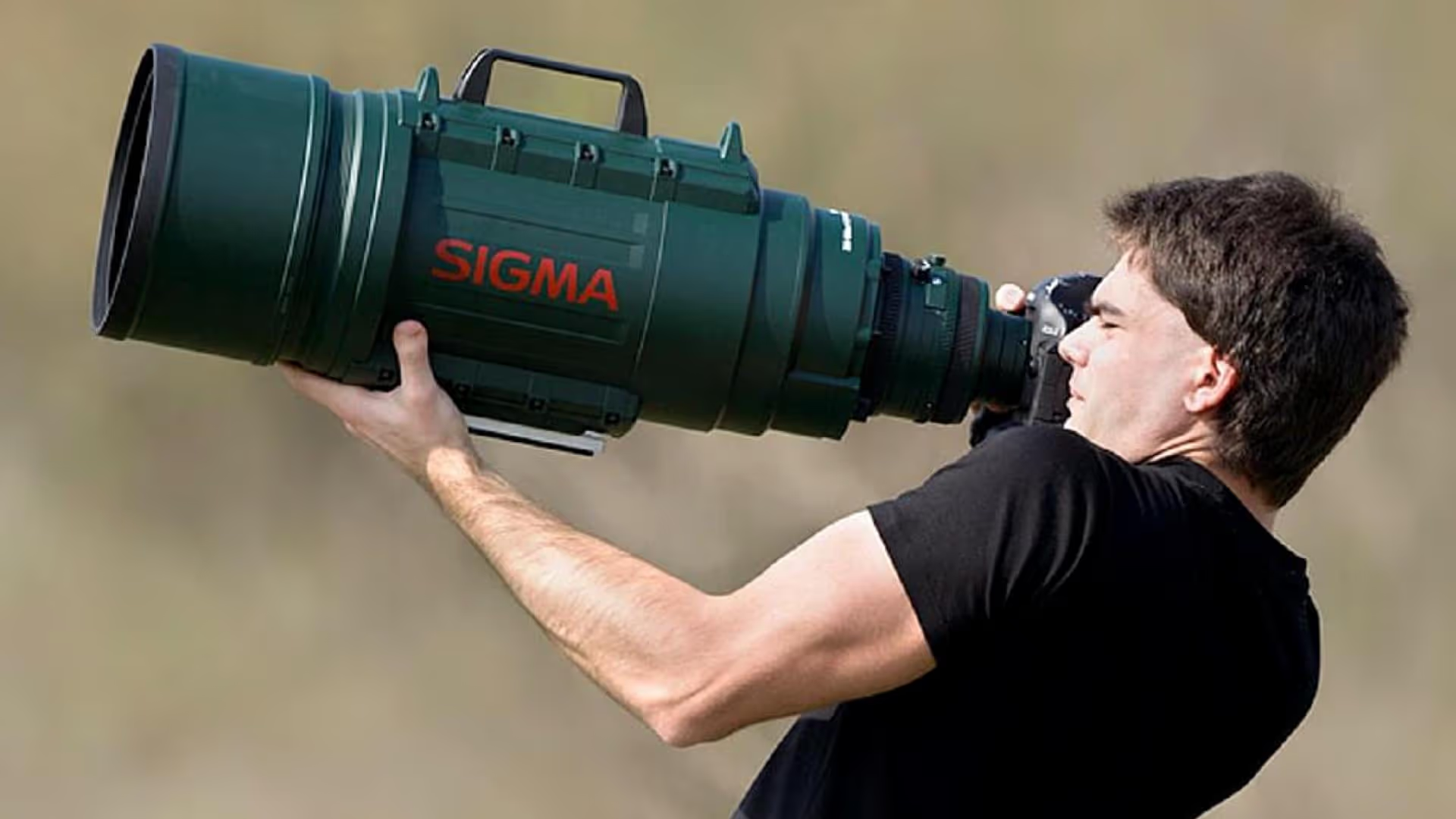Table of Contents
Visual effects (VFX) are an integral part of the film and television industry. From creating impossible landscapes to making superheroes fly, VFX editors play a crucial role in bringing the director's vision to life on the big screen.
A visual effects editor is responsible for assembling and manipulating visual elements, such as computer-generated imagery (CGI), live-action footage, and special effects, to create a seamless sequence of shots. They combine technical expertise with artistic creativity to enhance or modify a scene's appearance, ensuring that it aligns with the director's vision and the overall tone of the film.
The Role of a Visual Effects Editor
A visual effects editor's primary role is to execute the director's vision by creating stunning visual elements that match the film's narrative and tone. They work closely with the director, cinematographer, and special effects team to ensure that the visual effects blend seamlessly with the live-action footage.
A VFX editor's responsibilities include:
1. Reviewing and analyzing the script
A VFX editor must have a clear understanding of the script and the director's vision to create the right visual elements for the film.
2. Collaborating with the special effects team
A VFX editor works with the special effects team to create practical and digital effects that are integrated into the live-action footage.
3. Editing and compositing
A VFX editor uses specialized software to create, edit, and composite visual effects elements such as CGI, green-screen footage, and practical effects.
4. Color correction
A VFX editor ensures that the color of the visual effects elements matches the color of the live-action footage.
5. Quality control
A VFX editor must ensure that the finished product aligns with the director's vision and meets industry quality standards.
Skills Required for a Visual Effects Editor
To become a VFX editor, one must have a combination of technical and artistic skills. The following are some of the skills necessary for a VFX editor:
1. Attention to detail: A VFX editor must have excellent attention to detail to ensure that the visual elements match the live-action footage.
2. Technical expertise: A VFX editor must be proficient in using specialized software such as Adobe After Effects, Nuke, and Maya.
3. Creativity: A VFX editor must have a creative mind to bring the director's vision to life.
4. Communication skills: A VFX editor must have excellent communication skills to collaborate with the director, cinematographer, and special effects team.
5. Problem-solving skills: A VFX editor must be able to troubleshoot and solve technical problems that arise during the post-production process.
Conclusion
In summary, a visual effects editor plays a vital role in the filmmaking process. They are responsible for creating stunning visual elements that bring the director's vision to life. To become a VFX editor, one must have a combination of technical and artistic skills, including attention to detail, technical expertise, creativity, communication skills, and problem-solving skills.






